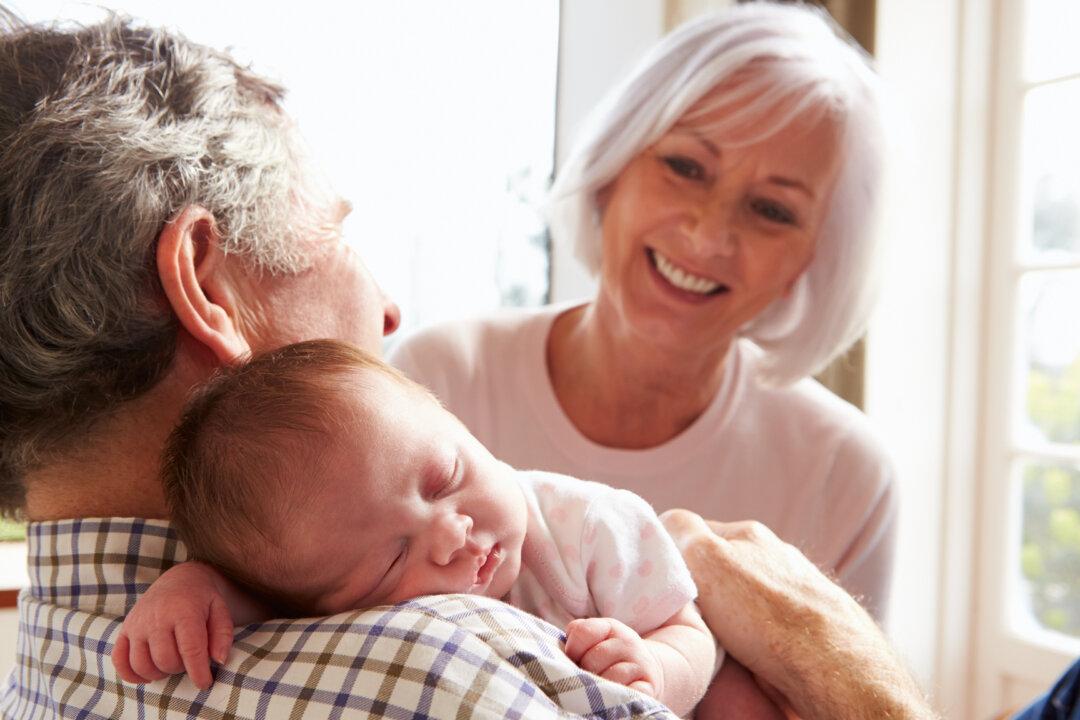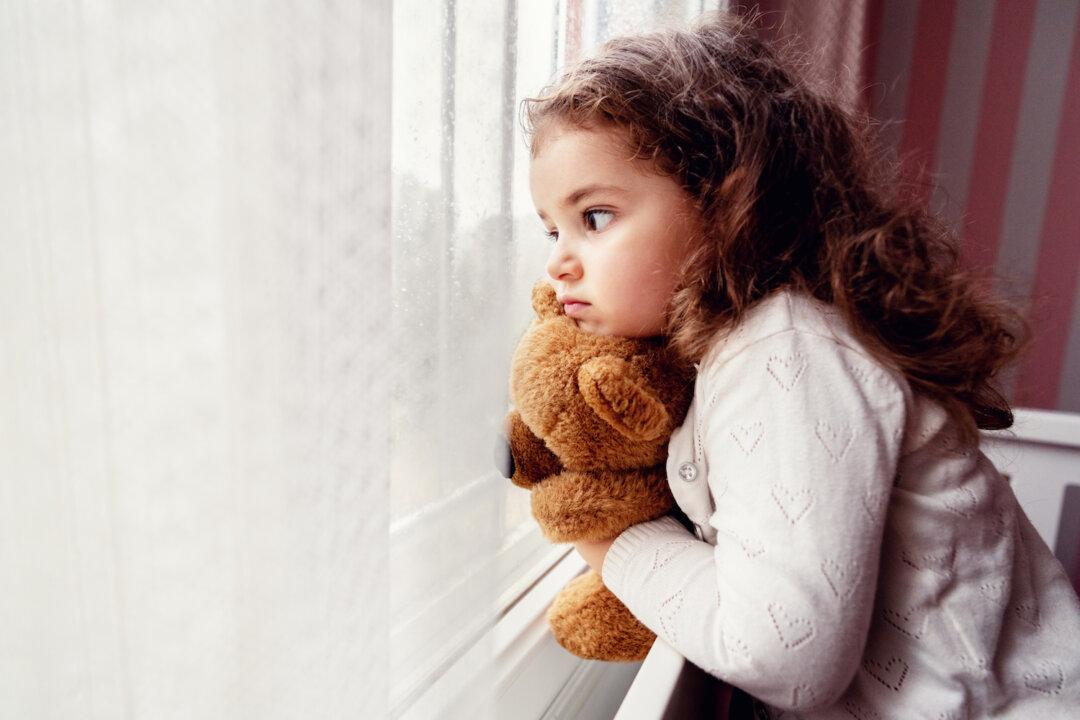Is there anything more special than holding your newborn in your arms for the first time? Looking at the softest, most sweet-smelling person you’ve ever seen? The wrinkly skin, soft fingernails, and unfocused eyes that gaze back at you more keenly than anyone you’ve ever met in your life.
Perhaps the only thing that trumps holding your own new baby is holding your first grandchild.






